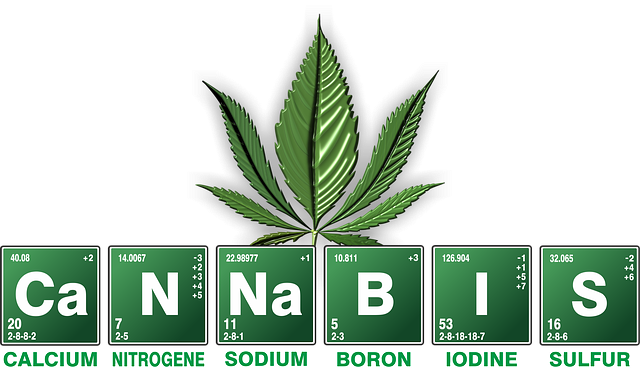2023 has seen a rise in interest for THCA (Tetrahydrocannabinolic Acid), which is now legally permissible under certain conditions in Florida. As a non-psychoactive compound found in cannabis sativa, THCA is distinct from its psychoactive form, THC, and has been studied for its therapeutic properties, including anti-inflammatory, anti-nausea, and potential neuroprotective effects. In Florida, qualified patients with a Medical Marijuana Identification Card can purchase THCA-rich products containing less than 0.8% THC from licensed dispensaries or cultivators, provided they comply with both federal and state regulations on hemp and medical marijuana. It's important for Floridians to be informed about the evolving legal status of THCA and to adhere to state guidelines, which are subject to change. The state's favorable environment for indoor cultivation supports a thriving market for high-quality THCA flowers, which can also be processed into oils and tinctures. Users should consume these products responsibly, starting with low doses and consulting healthcare professionals. With the right medical card, residents can navigate this emerging market confidently within the legal framework established by Florida's Medical Marijuana program.
Explore the intricacies of Indacloud thca flower, a non-psychoactive compound derived from cannabis that’s gaining attention for its potential therapeutic properties. This article delves into the legality of THCA in Florida, unraveling its status within state boundaries. We’ll dissect the science behind THCA, exploring its effects and purported health benefits. A comprehensive guide on sourcing this cannabinoid legally within Florida is provided, ensuring compliance with local regulations. Compare THCA to other cannabinoids to understand what makes it unique. Gain insights into the cultivation and processing methods that yield high-quality THCA flower. Finally, learn about various consumption methods and best practices for safely enjoying THCA flower in Florida, enhancing your understanding of this emerging cannabis derivative.
- Understanding THCA Flower and Its Legal Status in Florida
- The Science Behind THCA: Potential Benefits and Effects
- Sourcing THCA Flower Legally in Florida: A Guide
- THCA Flower vs. Other Cannabinoids: What Sets It Apart?
- Cultivation and Processing: How THCA Flower is Produced
- Consumption Methods and Best Practices for THCA Flower in Florida
Understanding THCA Flower and Its Legal Status in Florida
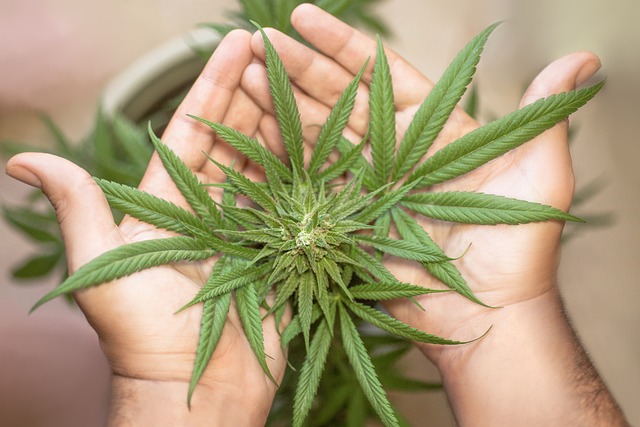
Understanding THCA flower begins with recognizing its chemical makeup and potential effects. Tetrahydrocannabinolic acid (THCA) is the non-psychoactive precursor to THC, the primary psychoactive component found in cannabis. THCA is present in raw or uncured cannabis plants and flowers, offering a distinct set of therapeutic properties. It’s been studied for its anti-inflammatory, anti-nausea, and potential neuroprotective effects without the high associated with its decarboxylated form, THC. As of recent legal updates, the status of THCA flower in Florida is nuanced. Florida’s cannabis laws have evolved to allow for medical marijuana use under the Compassionate Use Act, which was expanded through voter initiatives and legislative amendments. However, the specific legality of THCA flower is subject to interpretation due to its precursor status. The Florida Department of Health has regulations that define what constitutes legal medical marijuana, which typically includes products with less than 0.8% THC. Therefore, THCA-rich flowers that are sold as containing zero psychoactive THC may be legally available under the state’s medical marijuana program. Consumers and dispensary operators must navigate these regulations carefully to ensure compliance with Florida’s evolving cannabis laws. It’s crucial for users and patients in Florida interested in THCA flower to stay informed about the latest legal developments and to consult with healthcare professionals regarding their use, as federal law still classifies cannabis as a Schedule I substance, and state laws can vary widely.
The Science Behind THCA: Potential Benefits and Effects
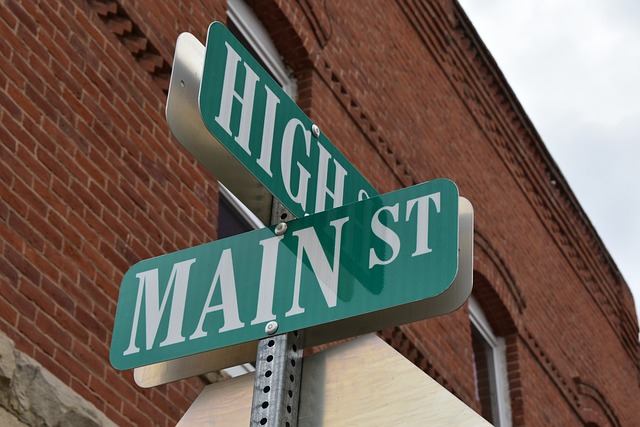
Delta-9-tetrahydrocannabinolic acid (THCA) is a naturally occurring compound found in the cannabis sativa plant and is considered the precursor to the more well-known psychoactive cannabinoid, delta-9-tetrahydrocannabinol (THC). As of my knowledge cutoff in 2023, THCA itself is legal in Florida under certain conditions. Unlike its psychoactive counterpart, THCA does not induce a high; instead, it interacts with the body’s endocannabinoid system, potentially offering a range of therapeutic benefits. Research suggests that THCA may possess anti-inflammatory, anti-nausea, anti-emetic (anti-vomiting), and neuroprotective properties, making it a subject of interest for both scientific and medical communities.
The potential health benefits of THCA are supported by a growing body of research. Studies have indicated that THCA may be effective in managing pain and inflammation without the psychoactive effects associated with THC. It’s also been researched for its neuroprotective qualities, which could make it beneficial for neurological conditions. Additionally, preliminary findings suggest that THCA might contribute to the inhibition of cancer cell growth, although more extensive research is needed to confirm these effects. In Florida, where the legal landscape for cannabis-related compounds is continually evolving, understanding the distinctions between different cannabinoids like THCA becomes increasingly important for consumers and healthcare providers alike. As legislation continues to adapt, the potential of THCA as a therapeutic agent may be further explored and utilized within the state’s legal framework.
Sourcing THCA Flower Legally in Florida: A Guide
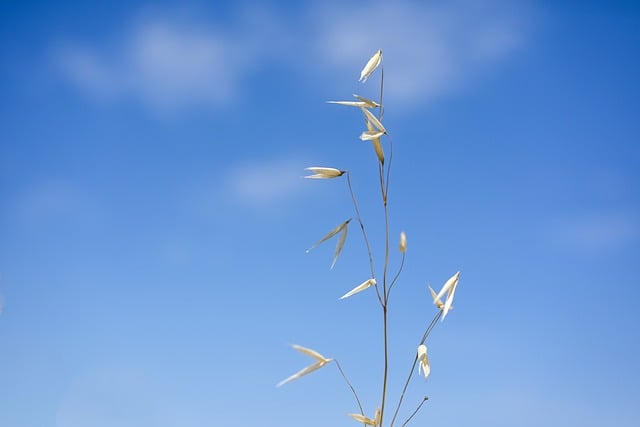
In recent years, there has been a growing interest in THCA (Tetrahydrocannabinolic Acid), a non-psychoactive cannabinoid found in raw or uncured cannabis plants. For residents of Florida seeking legal access to THCA flower, it’s crucial to navigate the state’s specific laws and regulations. As of the knowledge cutoff date in 2023, Florida has implemented a Medical Marijuana program that allows qualified patients to purchase marijuana products, including THCA flower, from licensed dispensaries. However, it’s important to note that the THC content must be below 0.8% to be legally classified as THCA-rich hemp, which falls under federal and state guidelines. Patients interested in sourcing THCA flower legally in Florida should first ensure they have a valid Medical Marijuana Identification Card issued by the state’s Department of Health (DOH). This card is obtained through an evaluation by a qualified healthcare practitioner. Once possessing the necessary certification, patients can purchase THCA-rich products from state-licensed dispensaries or cultivators that are authorized to grow and sell hemp or medical marijuana. It’s advisable to familiarize oneself with the Florida Department of Agriculture and Consumer Services’ regulations on hemp production and sales, as well as the Office of Medical Marijuana Use’s guidelines for patients, to ensure compliance with all legal requirements when sourcing THCA flower in Florida. With a clear understanding of the state’s laws and a valid medical card, patients can confidently access THCA flower within the legal framework established by Florida legislation.
THCA Flower vs. Other Cannabinoids: What Sets It Apart?
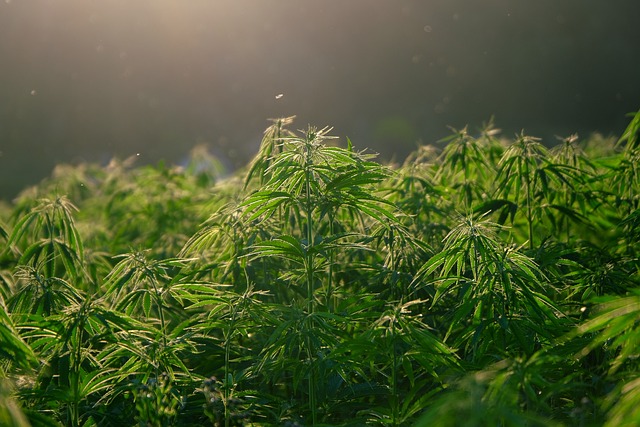
THCA, or tetrahydrocannabinolic acid, is a cannabinoid found in the flower of the cannabis plant that holds a distinctive position within the cannabinoid spectrum. Unlike its well-known counterpart THC, THCA is non-psychoactive, meaning it does not induce the ‘high’ typically associated with cannabis consumption. This unique characteristic allows for a broader range of applications and uses, particularly in regions like Florida, where THCA is legal. The legality of THCA in Florida opens up avenues for research and therapeutic use without the psychoactive effects that are regulated in many areas.
The chemical structure of THCA differs from other cannabinoids; it possesses an additional acidic bond, which becomes decarboxylated to form THC when exposed to heat or sunlight. This precursor to THC has been found to offer potential health benefits, including anti-inflammatory and neuroprotective properties. Users interested in the medicinal aspects of cannabis without psychoactive influence may prefer THCA-rich flowers. The distinction between THCA and other cannabinoids such as CBD (cannabidiol) and CBN (cannabinol) lies not only in their effects but also in their interactions with the body’s endocannabinoid system, offering a different therapeutic profile that some users may prefer for specific health concerns.
Cultivation and Processing: How THCA Flower is Produced
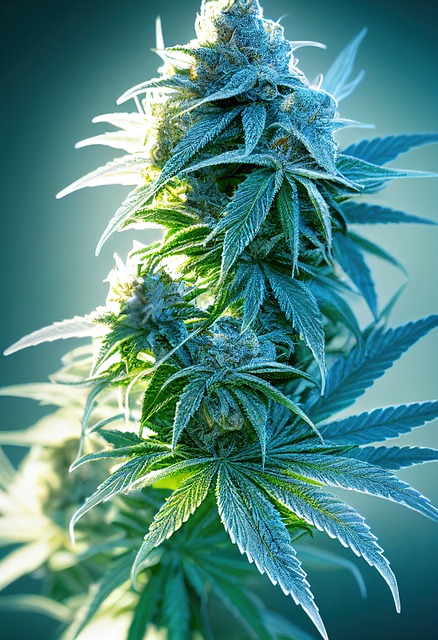
Cultivation and processing of THCA flower, which contains the non-psychoactive precursor to THC, are subjects of growing interest within legal frameworks. In states like Florida, where THCA flowers are legal, cultivators adhere to stringent regulations to produce high-quality, cannabinoid-rich plants. The cultivation process begins with selecting genetically superior strains that yield potent THCA flower. These strains are planted in controlled environments, optimized for temperature, humidity, and light to foster ideal conditions for growth. The Florida climate, particularly its indoor cultivation facilities, allows for year-round production, ensuring a consistent supply of fresh THCA flower.
Upon harvest, the flowers undergo a meticulous processing phase to preserve their therapeutic properties. This involves careful drying and curing techniques that prevent degradation and ensure the preservation of THCA in its raw form. The processed flowers are then packaged and distributed within compliance of state regulations, making them available for various wellness applications. Extractors also use these flowers to create concentrated derivatives like oils and tinctures, which provide users with alternative consumption methods. As such, the legal landscape in Florida has paved the way for a burgeoning market for THCA flower and its derivatives, positioning the state as a notable player in the cannabinoid industry.
Consumption Methods and Best Practices for THCA Flower in Florida
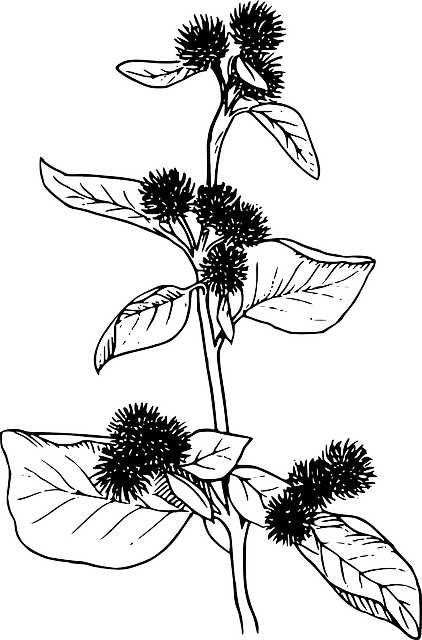
THCA, or tetrahydrocannabinolic acid, is the precursor to THC, the psychoactive compound found in cannabis. As of recent legal changes in Florida, the consumption of THCA-rich flower has become a topic of interest for many seeking the potential therapeutic benefits associated with this cannabinoid. Understanding the various consumption methods and adhering to best practices is crucial for those looking to explore the effects of THCA legally within the state.
Florida residents have access to THCA flowers through licensed dispensaries, which offer a range of products that can be consumed in different ways. Smoking or vaporizing THCA flower is one of the most popular consumption methods due to its rapid onset of effects and convenience. When choosing this method, it’s important to use proper smoking equipment designed for cannabis to ensure safety and efficacy. Additionally, proper ventilation and respecting local regulations regarding cannabis consumption are essential considerations. Alternatively, THCA flower can be incorporated into edibles or teas, offering a different onset of effects that can last longer than inhalation methods. Infusing oils or cooking with THCA flower requires precise temperatures to avoid degrading the compound into CBN or CTH, which do not possess the same properties as THCA. Regardless of the chosen method, adhering to Florida’s legal guidelines and understanding the potency of THCA is key to a safe and enjoyable experience. Always start with a low dose to gauge effects and consult with a healthcare professional if you have any questions or concerns regarding THCA consumption.
In recent times, THCA flower has garnered significant attention within the cannabinoid community, particularly in Florida where its legal status is now clarified and accessible. This article has delved into the multifaceted aspects of THCA, from its science-backed potential benefits to a comprehensive guide on sourcing it legally in the state. We’ve explored how THCA stands out among other cannabinoids, the intricacies of its cultivation and processing, and optimal consumption methods for those interested in Florida. As the understanding and acceptance of THCA continue to evolve, it is clear that this compound holds a promising place within the wellness landscape. For those residing in or visiting Florida, the information provided herein serves as a foundational resource to safely and effectively engage with THCA flower, ensuring a knowledgeable approach to its use.
